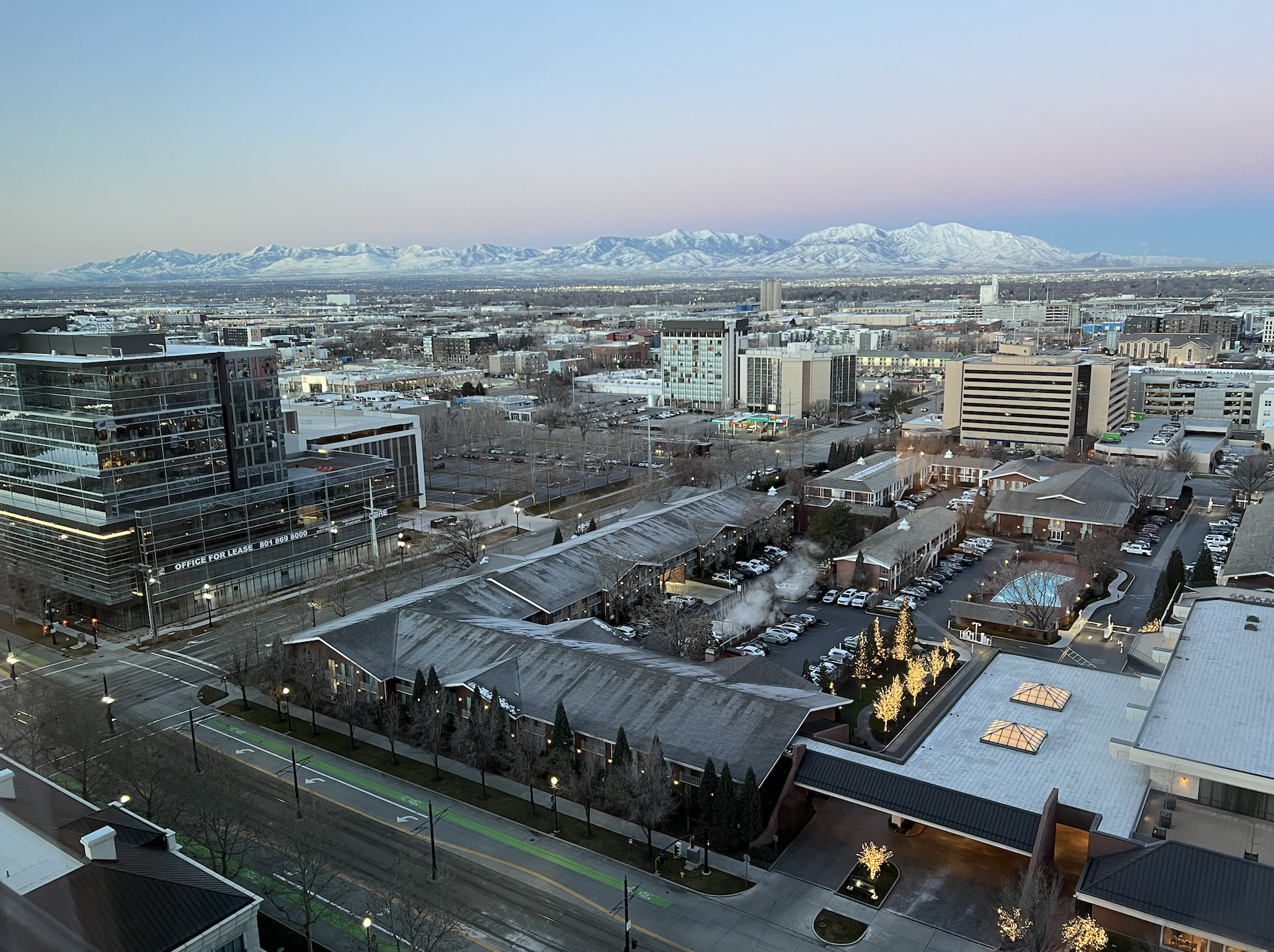I know that many of us are asked this question. I know that many of us continue to explore the practices of participation as well as the underlaying principles. It’s good and essential learning.
What follows is an email exchange prompted by an Art of Hosting friend and colleague in Australia, Stephen Duns. Stephen shares the question asked by his client. Some of us responded, including another friend and colleague in Ohio, Phil Cass, CEO of the Columbus Medical Association Foundation. Phil’s words were like gold to me. Simple. To the point. Well-named. Shared here with permission.
From Stephen:
“What are the critical things that have to be in place to make this approach work? For example do we need buy-in from the top? And how would we know if it wouldn’t work in our place? What things will make this not work?”
From Phil:
“So here is my perspective. As I expressed when we all were together. I believe “Living Systems” just are and that is what is really happening all of the time in all organizations. If I’m right about this then the next part of the theory for me is that the Art of Participatory Leadership is a set of practices that support and amplify what is best of the living system network paradigm because they fit with the nature of living systems. They are a natural fit.
So when does this not work and does the top need to buy in? My sense is that participatory processes can begin anywhere in an organization and probably be sustained if top leadership isn’t threatened by them. So my little team or our division can implement and have success without top leadership buy in as long as top leadership doesn’t put a stop to it. What can happen in this situation is that the small unit meets with success and gets noticed and then others become interested and it spreads. Top management in this positive scenario sees it, becomes curious and eventually sees the benefit for the whole organization. I do believe that there must be top buy in or this won’t become the organizational paradigm. I have long felt that organizations as a whole don’t achieve levels of consciousness beyond the level of consciousness held by its top leadership. This doesn’t mean that individuals in the organization can’t achieve levels of consciousness that surpass that of its leaders but the organization as a whole doesn’t.
Because participatory leadership is a magnifier of living systems and we as human beings are inherently part of those systems, theoretically it should have some appeal to all humans once we can get through to that human level of understanding about what organizations really are. The people that I find hardest to deal with in this regard are those who believe that only the objective or measurable is real. People who hold the belief that if it can’t be measured it doesn’t exist struggle with these approaches. They tend to be resistant to the notion that objectivity is a human construct and that what they hold about objectivity is a myth in and of itself. Every time I have run into these folks they struggle with it. Ironically, the really good scientists get this in a minute. They have to live with quantum theory. The other people I find struggle with this are people who have been badly damaged in relationships and because of that feel the need to control their environments for fear of being hurt again. These processes can be very threatening to them. If top leadership buys in eventually others will come along or sort themselves out (or be sorted out).
Just my thoughts-great question.”
